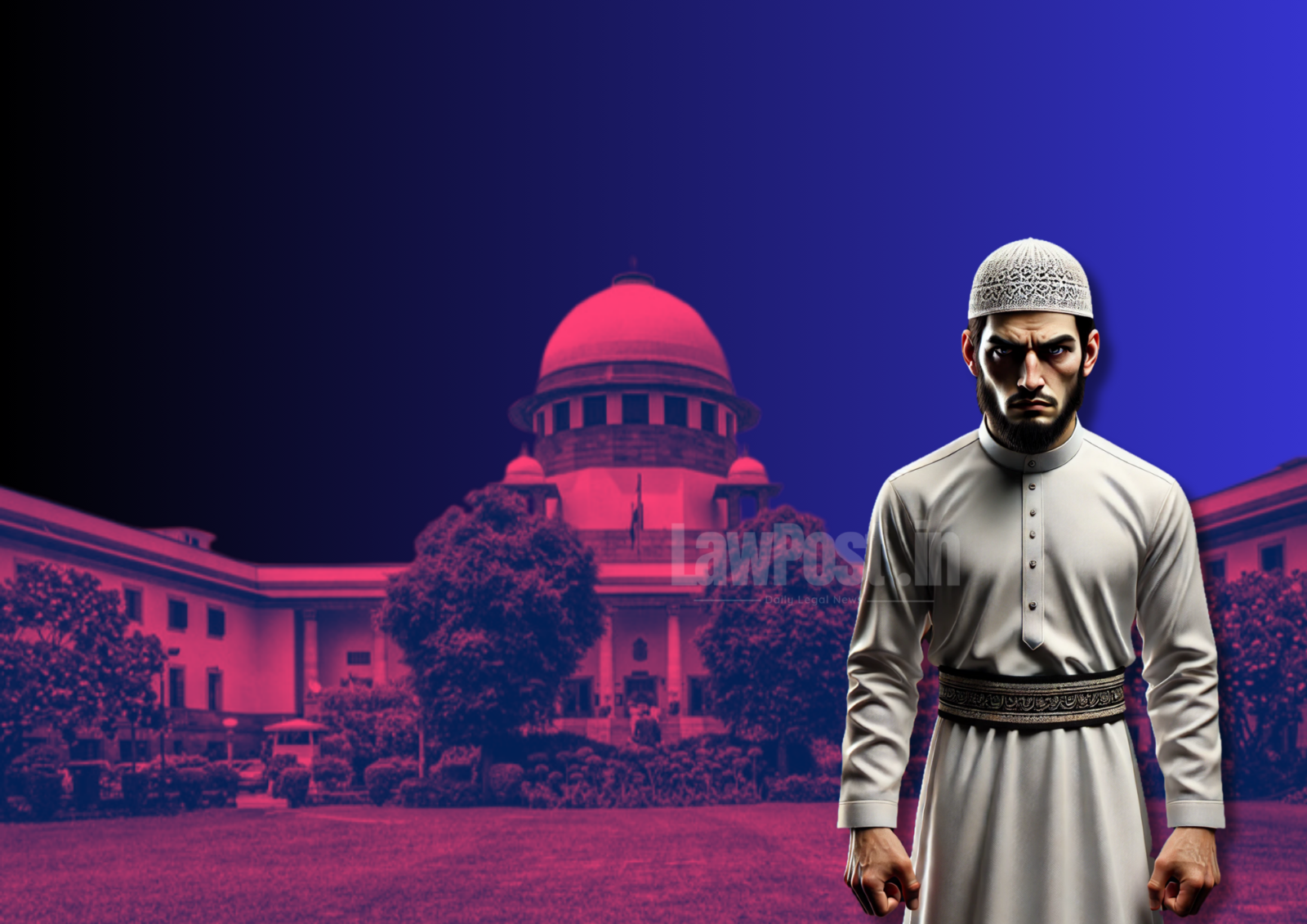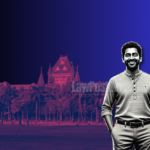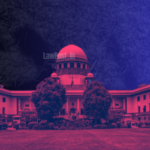The Supreme Court, while granting bail to a maulvi accused of converting a mentally challenged boy to Islam, criticised the trial court and the Allahabad High Court for refusing bail in the matter. The Bench of Justices JB Pardiwala and R Mahadevan categorically stated that the offence of illegal religious conversion does not compare in gravity to heinous crimes like murder, dacoity, or rape.
“There was no good reason for the High Court to decline bail. The offence alleged is not that serious or grave like murder, dacoity, or rape,” the Supreme Court observed in its order.
The maulvi, a resident of Uttar Pradesh, faces trial under Sections 504 (intentional insult with intent to provoke breach of the peace) and 506 (criminal intimidation) of the Indian Penal Code, along with Sections 3 and 5 of the Uttar Pradesh Prohibition of Unlawful Conversion of Religion Act, 2021.
The Court highlighted the increasing trend of trial courts denying bail in cases like these, stating that such decisions unnecessarily burden higher courts with bail applications.
“In fact, this matter should not have reached up to the Supreme Court. The trial court itself should have been courageous enough to exercise its discretion and release the petitioner on bail. We fail to understand what harm would have befallen on the prosecution if the petitioner would have been released on bail subject to appropriate terms and conditions,” the Bench remarked.
The Court also criticised the judicial discretion exercised by the lower courts, stating:
“Discretion does not mean that the judge on his own whims and fancy declines bail saying conversion is something very serious.”
Addressing the reluctance of trial courts to grant bail, the Bench commented, “Every year so many conferences, seminars, workshops, etc., are held to make the trial judges understand how to exercise their discretion while considering a bail application as if the trial judges do not know the scope of Section 439 of the CrPC or Section 483 of the BNSS.”
The Supreme Court pointed out that this hesitation to grant bail is a key factor leading to the overwhelming number of bail applications reaching High Courts and even the Supreme Court.
Granting bail to the petitioner, the Bench stated, “We are of the view that the High Court should have exercised its discretion by granting bail to the petitioner. There was no good reason for the High Court to decline bail. The offence alleged is not that serious or grave like murder, dacoity, or rape.”
Case: Maulvi Syed Shah Kazmi vs UP – Available on LAWFYI.IO








